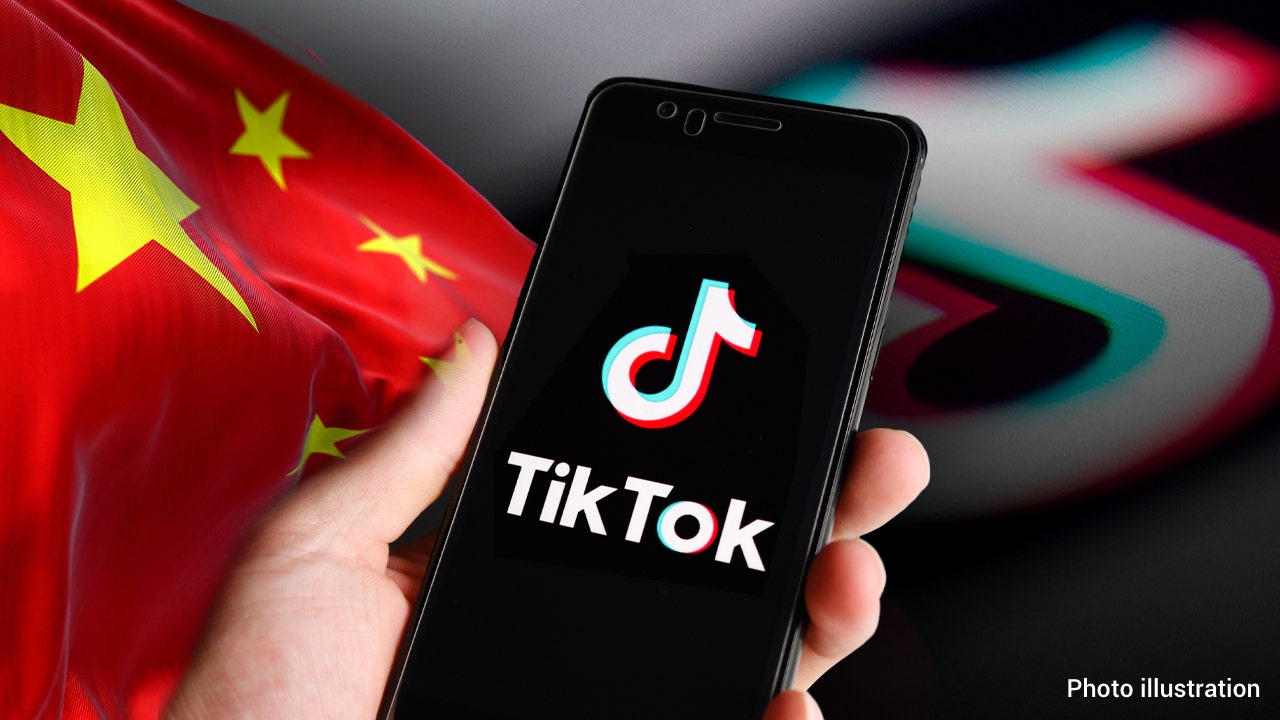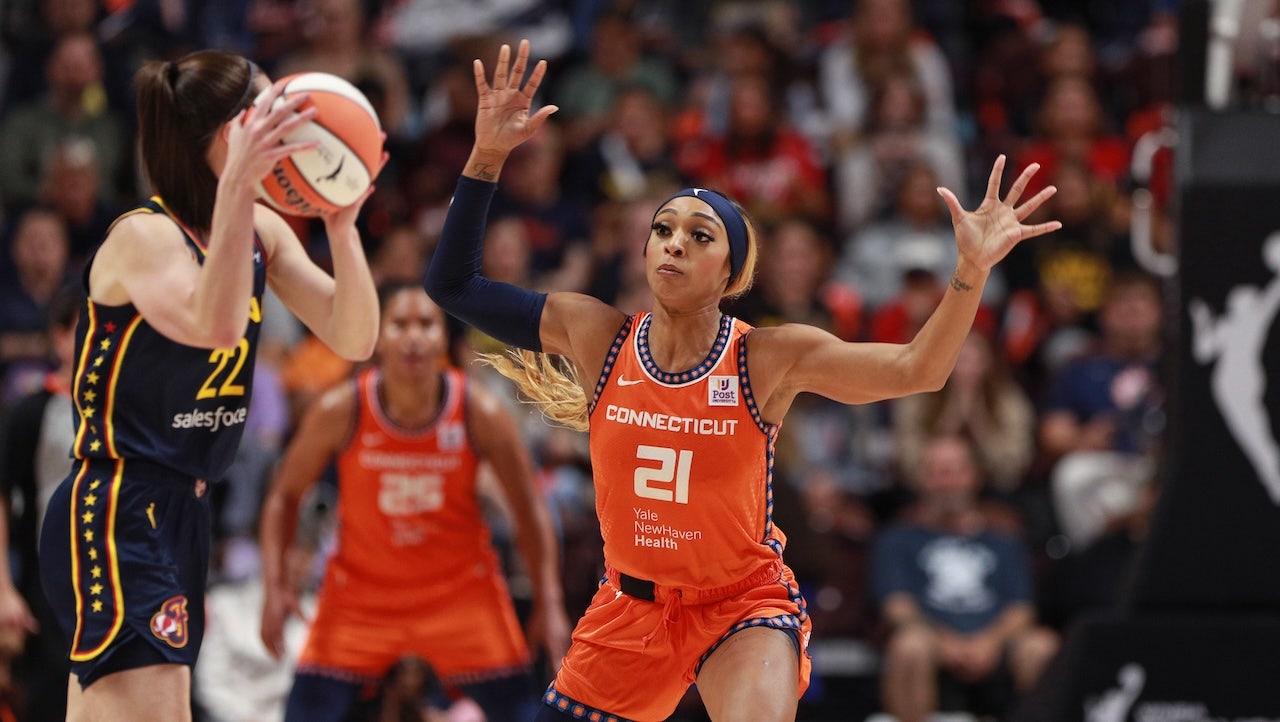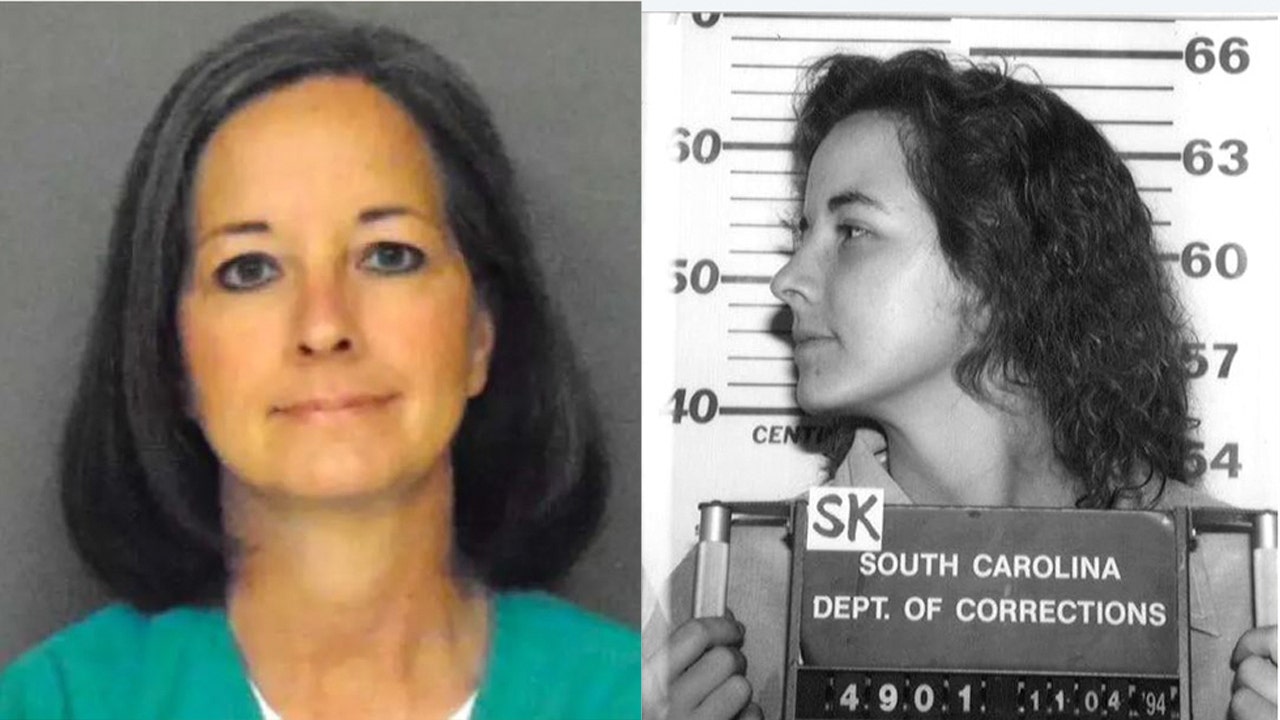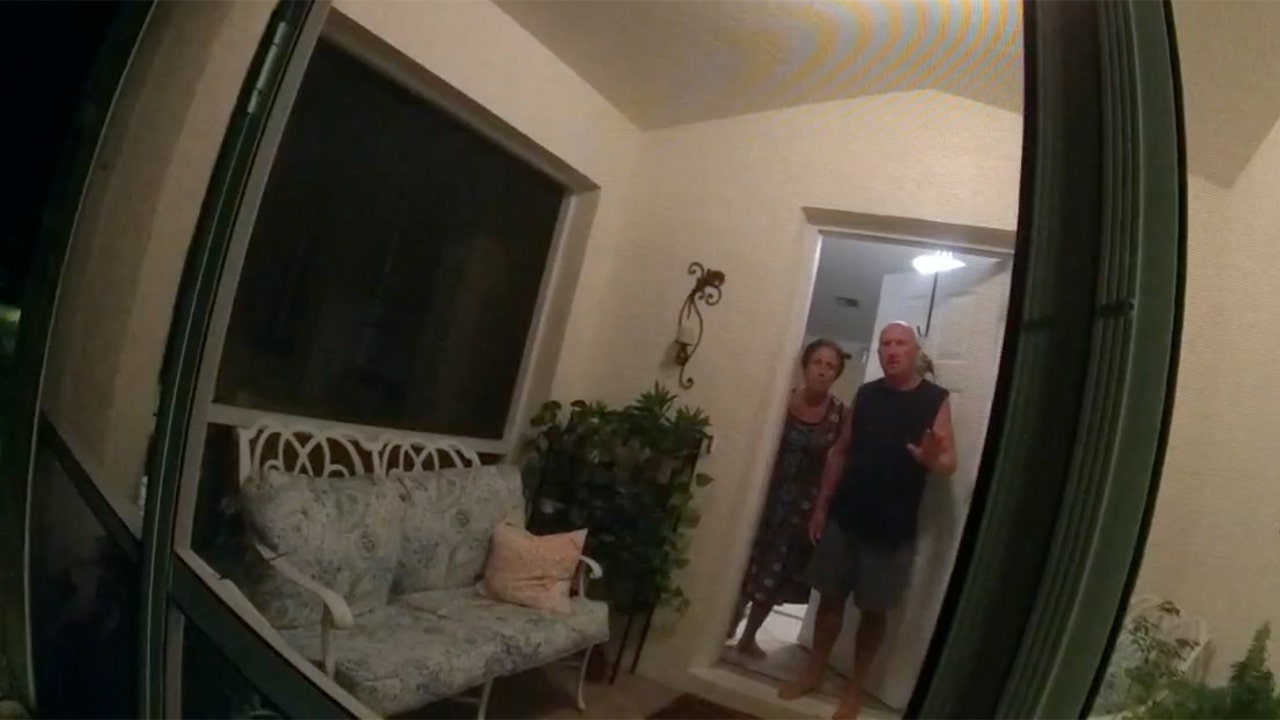Chicago Public Schools on Wednesday voted unanimously to pass a 5-year strategic plan that vows a “renewed focus on equity” and moves away from ranking schools based on student outcomes.
“Everything is done through an equity lens,” CPS Chief Executive Officer Pedro Martinez said at the Special Board Meeting on Wednesday before the vote.
Martinez went on to say, “Our new approach does away with school rankings and labels and just like our shift in defining student success, we’re not just going to look at a narrow set of outcome data…” He continued, “we’re going to be tracking and focusing the inputs on practices, conditions, resources, supports, and putting the onus back on the district to ensure that each school has the components to drive student success.”
The board vice president, Elizabeth-Todds Breland, cited Chicago’s past “longstanding structural racism and socio-economic inequality.”
“Despite many education reforms over the course of many CPS strategic plans, opportunity gaps for our students have persisted,” Breland said.
The 5-year strategic plan, titled “Together We Rise,” faces funding challenges as COVID-relief funds are drying up.
According to the Illinois Policy Institute (IPI), a think tank that tracks policy decisions within the state, CPS currently faces a projected $500 million deficit for the next school year.
The plan consists of a 47-page document that outlines the district’s priorities and investments starting in 2025-29.
During the board meeting on Wednesday morning, Martinez explained further that student success was defined by a narrow set of metrics that “relied heavily on test scores.”
“Our new approach is to define student success more holistically,” Martinez said.
“Measuring not just academic progress because that is still important, but student well-being and connection to the extent that they’re an empowered decision maker. Whether or not they’re prepared and making sure they’re prepared for post-secondary success,” he added.
CPS launched a new approach to an accountability system that moves away from ranking schools merely by outcome metrics.
Martinez said that the former accountability system only encouraged “families to select schools with the highest rating and pitted schools against each other.”
“And then combine that with the student-based budgeting. That’s where all of our resources were going,” Martinez said.
Another component of the 5-year strategic plan seeks to close the “equity gap” by changing the budgeting model to ensure funds are added to the schools that need them the most.
The district “ends the practice of allocating funds based mainly on enrollment and instead allocates funding based on each school’s unique needs,” Martinez said.
“We all know all that success is not felt equally across the district. We know that the student experience varies widely based on where you live in the city and what school you attend,” Martinez said.
CPS presides over several types of academic institutions, such as neighborhood schools, charter schools, selective enrollment schools, sustainable community schools, and magnet schools.
“It is also a dynamic plan that will continue to require public input from the public to make sure we are meeting the mark,” Martinez said.
Chief Education Officer Bogdana Chkoumbova outlined the plan’s “targeted priorities,” including a new “Black student success plan,” which seeks to improve the daily experience for Black students and offers “pathways to Multilingualism.”
Breland previously clarified to the media that there was “there was never any intent” to dismantle selective schools, the Chicago Tribune reported.
There were past concerns about the impact on selective schools that stemmed from the board’s approval of a new equity funding formula. The new equity funding formula reportedly affected one of Chicago’s highly ranked schools, LaSalle Language Academy.
According to the Chicago Sun Times, local school council members at LaSalle fretted over such language courses being impacted due to budget cuts next fall.
According to Chicago Public Schools (CPS) Board of Education President Jianan Shi in a press release, CPS last year passed a resolution that aimed to shift “away from a model that emphasizes school choice to one that elevates our neighborhood schools to ensure each and every student has access to a high-quality educational experience.”
The board conducted its first survey earlier this year, a series of roundtable discussions called “Black Student Success Community Roundtables” to gather public opinion about their plan to bolster neighborhood schools.
Local outlet ABC 7 in Chicago reported that Alderpeople were briefed on the five year plan before it was launched. 15th Ward Ald. Ray Lopez slammed the measure.
“We are seeing this touchy-feely policy where everyone is going to get a participation medal for being in school applied to CPS and I think it’s going to have very dangerous effects on the next generation,” Lopez said.
IPI told Fox News Digital that the “board’s move to redefine ‘student success’ displays CPS’ unwillingness to acknowledge that rapidly increasing funding has failed to improve student outcomes.”
“While it’s encouraging to see the CPS board articulate the district’s real problem with chronic absenteeism and low test-scores, the new five-year plan has little teeth to meaningfully improve student achievement. The plan emphasizes equity for the school system with no details on how that might be achieved,” said Paul Vallas, policy adviser for IPI.
Vallas went on to say, “In the plan, CPS claims to support all models of schools including charters and selective schools, but they want special attention for neighborhood schools and focus away from ranking schools or student outcomes.”
A CPS official pushed back on IPI’s claims that the plan lacks details on how it would achieve equitable support for all students.
They cited to Fox News Digital their effort to “expand pre-school programming, provide interventions like high-dosage tutoring, academic coaches for teachers, school interventionists to help struggling students.”
They also vowed to add “more art and extracurricular activities to support a well-rounded and joyful education.”
The Chicago Public Schools spokesperson also told Fox News Digital in response to IPI’s other claims: “In many cases, the plan highlights ongoing work and strategies, including and importantly how we have more equitably funded our schools through our Fiscal Year 2025 budget.”
The statement added, “Over the past three years, the District has shifted away from school budgets based primarily on student enrollment and the FY25 budget completes that shift while also providing foundational staff for all schools. All schools were provided the foundational positions allocated under the FY25 budget and our current teacher vacancy rate District wide is under four percent. The foundational positions include core and holistic teachers, administrative and operational positions, professional development funding, baseline discretionary funding, and out-of-school time activities.”
It went on: “The FY25 budget also calls for the continued intervention strategies and practices that have helped the District continue its upward trajectory on many metrics. CPS posted a record-breaking four-year graduation rate of 84 percent in 2023, a number that has been increasing annually for the past two decades. In a national post-pandemic education scorecard, CPS ranked #1 in reading growth and #3 in combined reading and math growth from 2022 to 2023 out of the 40 large urban districts reporting to the Council of the Great City Schools. Preliminary 2024 state assessment data showed students continued their upward academic performance.”
Read the full article here















